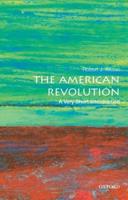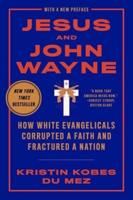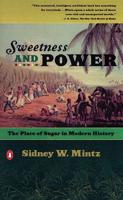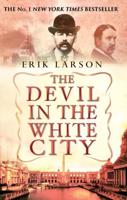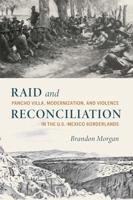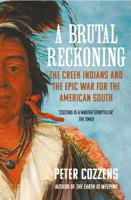Publisher's Synopsis
*Includes pictures *Includes contemporary accounts of the meetings and events that incited the rebellion *Includes online resources and a bibliography for further reading *Includes a table of contents "Such excise laws had always been unpopular among the small farmers in Great Britain; they excited hatred, which they brought with them to this country, and which may be regarded as hereditary. Scarcely any of the causes of complaint which led to the revolution, had so strong a hold on the people of Pennsylvania as the stamp act, an excise regarded as an oppressive tax on colonial industry." - H.H. Brackenridge, History of the Western Insurrection in Western Pennsylvania It should come as no surprise to anyone that it is much easier to overthrow a government than form a new one, and that in turn it is easier to form a government than to govern. The men who founded America knew these facts in theory, but in the last decade of the 18th century, they learned them by experience when just a few years after the new Constitution had been ratified, a rebellion arose over taxes. As it turned out, some of the people who fought a war against taxation without representation were also upset by taxation even with Congressional representation. Given that most people are averse to being parted from their hard-earned money for any reason, this is not surprising, but it still had to be dealt with, and firmly, or the new republic might not have survived. As Secretary of Treasury, Alexander Hamilton was looking for ways to shore up the young nation's finances and pay off the debts incurred by the Revolution. At the same time, he believed in strengthening the federal government vis-à-vis the states, which would eventually make him a leader of the Federalist party but also compel him to push for a tax on distillers of alcohol, many of whom took their excess corn and grain crops and produced liquors. Ironically, Hamilton came up with the idea of this tax to avoid more direct forms of taxation, and because he didn't think it would be difficult to collect. What Hamilton didn't consider was just how ubiquitous the production of whiskey and other liquors were on the frontier, where they were often used as a form of currency itself. In addition to being upset at this new tax, Westerners believed it was disproportionately aimed at them because Americans still residing on the East Coast weren't as reliant on the production of whiskey. With opponents holding conventions in Pittsburgh, Pennsylvania, the very state currently hosting the Washington administration at the capital of Philadelphia, the opposition was viewed by many as a direct threat to the legitimacy of the federal government itself. In 1794, violence actually broke out, and with the tax opponents numbering in the thousands, President Washington himself felt compelled to raise a militia force and personally lead it to deal with the rebels, the only time an American president actually led soldiers in the field. Ultimately, no pitched battle took place once the militia was marched into western Pennsylvania, but dozens were arrested and tried for treason in the wake of the episode. While the breaking up of the revolt was praised by most Americans, Westerns continued to oppose the tax until Jefferson's administration repealed it upon coming to power in 1801. The Whiskey Rebellion of 1791: The History of Early America's Most Famous Popular Uprising looks at the origins behind one of the most famous insurrections in American history. Along with pictures of important people, places, and events, you will learn about the Whiskey Rebellion like never before, in no time at all.



